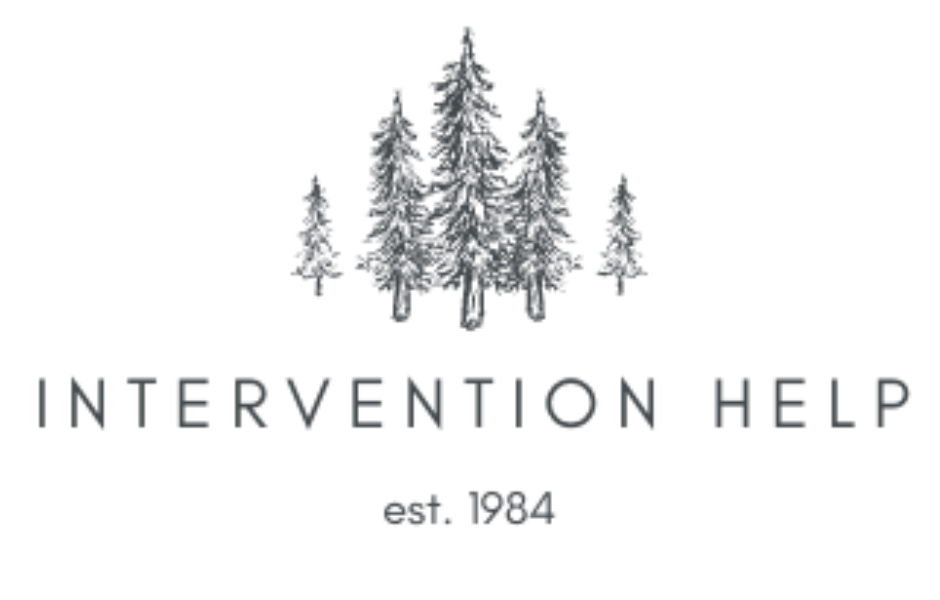Is Drinking Alone a Sign of Alcoholism?
There’s a common cultural image of someone nursing a drink solo—maybe after a long day, maybe while binge-watching a show. But when does casual solo drinking turn into a red flag? If you or someone you love is drinking alone regularly, it’s natural to wonder: Is drinking alone a sign of alcoholism?
Let’s take a closer look at what solitary drinking really means, how it relates to alcohol abuse and mental health issues, and when it might be time to seek help.
The Line Between Normal and Concerning
Having a glass of wine alone doesn’t automatically signal a problem. But when solitary drinking habits become frequent—especially as a coping mechanism—it can be a symptom of alcohol use disorder (AUD).
Here are some key questions to ask:
Are you drinking to numb negative emotions?
Have your drinking habits escalated over time?
Do you feel isolated, anxious, or depressed when not drinking?
Has your alcohol consumption impacted your work, relationships, or health?
If you answered yes to any of the above, you’re not alone. Many solitary drinkers struggle in silence, unsure of when—or how—to ask for help.
The Mental Health Link
Research from the Substance Abuse and Mental Health Services Administration shows that drinking alone is closely associated with mental health disorders such as depression and anxiety. Solitary alcohol use can both stem from and exacerbate these conditions, creating a cycle that’s hard to break.
Young adults are especially vulnerable. Many turn to drinking alcohol alone in response to stress, social isolation, or trauma. But without intervention, these patterns can evolve into alcohol dependence, putting them at risk for serious complications like alcohol poisoning or severe alcohol withdrawal symptoms.
Why It’s So Hard to Stop Drinking Alone
People who drink alone often believe they have it under control. It’s one of the most common myths surrounding alcohol use. Unlike someone who parties too hard or gets arrested for a DUI, a person who drinks quietly at home might go unnoticed—by their friends, children, or even their spouse.
But just because the behavior isn’t loud or disruptive doesn’t mean it’s not dangerous. Alcohol problems thrive in silence. That’s why early intervention is so important.
When to Consider an Intervention
If someone you care about is stuck in a pattern of solitary drinking, a professional intervention may be the most compassionate next step. At Intervention Help, we specialize in supporting families and loved ones through this challenging process.
Our experienced team will guide you through each stage of the intervention, from planning to aftercare. Whether the goal is to stop drinking, enter mental health treatment, or simply open the door to conversation, we’re here to help.
Compassionate Support for Alcohol Addiction
Drinking alone can be an early warning sign—or it can be the symptom of a deeper struggle. Either way, it deserves to be taken seriously. Alcoholism isn’t about how much you drink or where you drink—it’s about how your drinking affects your mental health, relationships, and overall life. Our interventionists provide structure, accountability, and guidance to those navigating recovery from alcohol addiction and their families. Whether someone is newly sober or in long-term recovery, an intervention can make all the difference.
Reach Out Today
If you're asking is drinking alone a sign of alcoholism, trust your instincts. It’s a brave and important question. Intervention Help is here to support you—with compassion, professionalism, and a team who understands both mental health and substance abuse.
Contact us today to learn more about our intervention services and how we can help someone you love stop drinking and find their way back to connection, purpose, and lasting recovery.
FAQs About Drinking Alone
-
Yes. Many people turn to solo drinking as a way of self-medication—especially if they’re dealing with anxiety, trauma, or unresolved emotional pain. This coping strategy is linked with a higher increased risk of developing a substance use disorder, according to studies in psychological science and reports from the National Institute. Seeking help early is crucial to preventing long-term harm.
-
Binge drinking typically refers to the act of consuming alcohol in large amounts in a short period of time—usually five or more drinks for men, and four or more for women, within about two hours. According to the National Institute on Alcohol Abuse and Alcoholism, this pattern of drinking can raise blood alcohol concentration (BAC) levels to 0.08 g/dL, increasing the risk of both short- and long-term consequences. Even one episode of binge drinking can lead to impaired judgment, drunk driving, or dangerous behavior.
-
Yes. Solo drinking (or solitary alcohol use) means consuming alcohol alone, often in isolation and secrecy, while social drinking typically happens in communal settings like parties or dinners. Although not all solo drinkers have a drinking problem, repeated solo drinking may be a warning sign of deeper issues such as depression, self-medication, or increased risk of alcohol dependence.
-
Heavy drinking can lead to both immediate and chronic health concerns. The Centers for Disease Control and Prevention (CDC), a leading authority on disease control, notes that long-term heavy drinking is associated with liver disease, heart problems, mental health deterioration, and certain cancers. It can also result in withdrawal symptomswhen trying to reduce or stop alcohol use, signaling a more serious level of dependency.
-
The Diagnostic and Statistical Manual of Mental Disorders (DSM-5) is the standard used by healthcare professionals to diagnose mental health and substance use disorders. It outlines criteria for alcohol use disorder, including patterns of binge drinking, heavy drinking, and solo drinking that negatively impact one’s life. When people drink to cope, despite adverse consequences, it may meet clinical thresholds for diagnosis.
-
There are many reasons people drink during periods of stress—such as breakups, job loss, or school pressure. Alcohol is often used to numb negative emotions or distract from difficult realities. While this may seem helpful in the moment, it frequently leads to heavy or binge drinking, solo drinking, or impaired decision-making like drunk driving.
-
Examining risk factors—like family history, trauma, peer influence, or mental health disorders—can help identify individuals more likely to struggle with alcohol use. Prevention and early intervention efforts focus on education, coping skills, and building healthy support systems to address these risks before harmful behaviors like binge drink or solo drinking begin to escalate.


